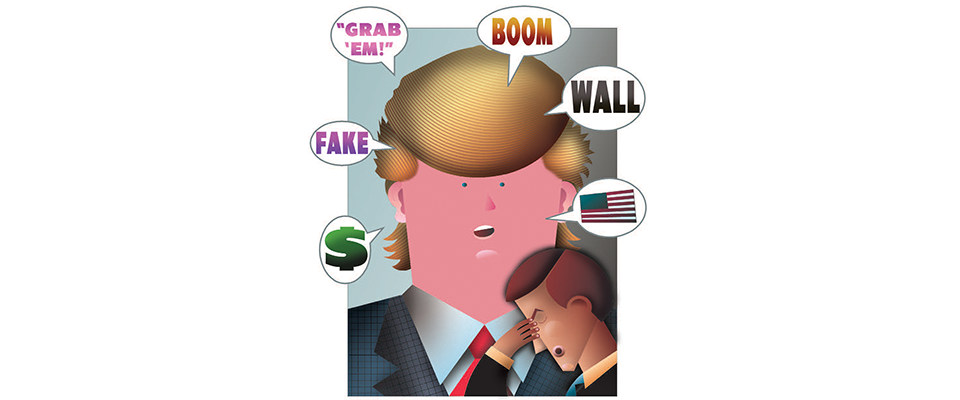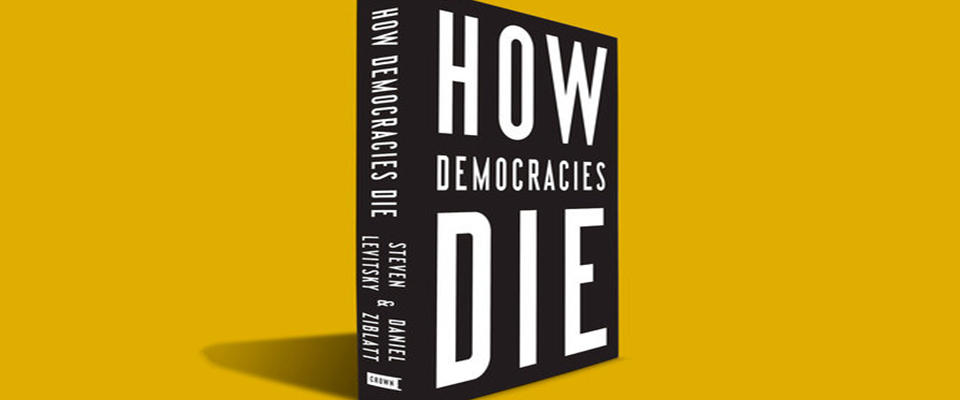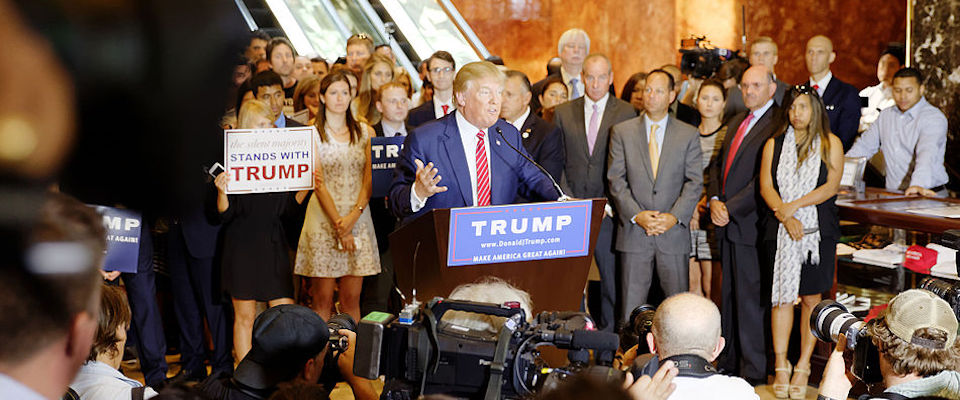I miss the days when I had Donald Trump on speed dial. Not that I enjoyed our conversations—if converse is the right term. Even then, years before he hit the campaign trail, the Donald was a monologist.
The first time I called him from my home office, he spoke at such a rapid-fire clip that I couldn’t type notes fast enough. In an attempt to keep up, I went to put the phone on speaker and pressed call waiting instead, effectively hanging up. Fumbling to get back on the line, I dropped the receiver, which clattered off my foot, skidded across the floor, and wedged under a far corner of the couch. How long I struggled to retrieve it I can’t be sure, but it seemed like an eternity.
When I finally got back on the call, I braced for a berating, or possibly a dial tone. But Trump hadn’t hung up and he wasn’t fuming. He was just as I’d left him: Boasting in his Queens English, oblivious to the bumbling on my end.
Nothing he was saying was of staggering import. Then, as now, Trump owned golf resorts. Then, as now, I earned my keep writing lifestyle magazine pieces.
In that pre-presidential era, Trump wasn’t hard to reach. Once, only minutes after I’d sent my request, my phone rang.
As a student at UC Berkeley’s Graduate School of Journalism, I’d envisioned a career spent comforting the afflicted and afflicting the comfortable. For a few years after graduation, I’d covered cops and government for a handful of small dailies. But eventually, a combination of personal interests and financial need turned me from hard news to what my J-school mentor had dismissed as fluff. If I afflicted anything with my reviews of fancy restaurants and tropical retreats, it was my own conscience.
Not that I lost any sleep over it. I had bills to pay, and while I knew I wasn’t fighting the noblest fight, neither did I think I was doing any harm. My exchanges with Trump seemed to fall within those lines. My job was to lob him questions, and his role, which he performed with relish, was to cough up bombastic quotes. Was he honored by the accolades one of his Scottish properties had received in a well-regarded golf publication? Yes, but the praise was far too long in coming. Furthermore, it deserved to be even more lavish. What about the critics who had trashed another of his courses? They were haters who failed to recognize what was, quite possibly, the greatest layout in the world.
In that pre-presidential era, Trump wasn’t hard to reach. I’d email his assistant, who’d ask her boss for clearance, which rarely took long. Once, only minutes after I’d sent my request, my phone rang. It was Trump, eager and ready. The impression he left verged on cartoonish but largely innocuous. That Trump was loose with facts and prone to exaggerate hardly seemed to matter. The subject was golf courses, after all.
The last time I spoke with him, one of his Florida properties had just hosted a PGA Tour event, and not all the pros were pleased. One big-name player groused that the venue had been set up to favor big-hitters, that it gave raw power the edge over refined skill.
Dutifully, I rang up Trump for his reaction. He said he hadn’t heard much griping. And anyway, what about the 50 players who said they loved the place? To my knowledge, those players did not exist.
I wrote what I thought was a measured story, aiming for a balance between plaudits and complaints. But a day or two after the article appeared, an email arrived from Trump’s office. He was outraged. My article, he said, amounted to a hit piece, a one-sided exercise in trashy reporting. He’d wasted his time talking to me. I was bad for journalism, and bad for golf. “Good luck,” he signed off. “Donald Trump.”
I read the email a few times, chuckled, and deleted it. But I did save a partial recording of that final chat and I cringe to listen to it now. On the tape, there’s Trump, spinning tales about the universal love afforded his golf courses. And there’s me, letting his silly distortions go unchallenged, laughing along at his absurd whoppers.
I’m not proud of that interview. But I am wistful for the days when I had Trump on speed dial, back when he still seemed like a harmless caricature.
Josh Sens, M.J. ’95, has golfed on assignment in North Korea and Cuba. He’s the co-author, with Sammy Hagar, of Are We Having Any Fun Yet?: The Cooking & Partying Handbook.




















